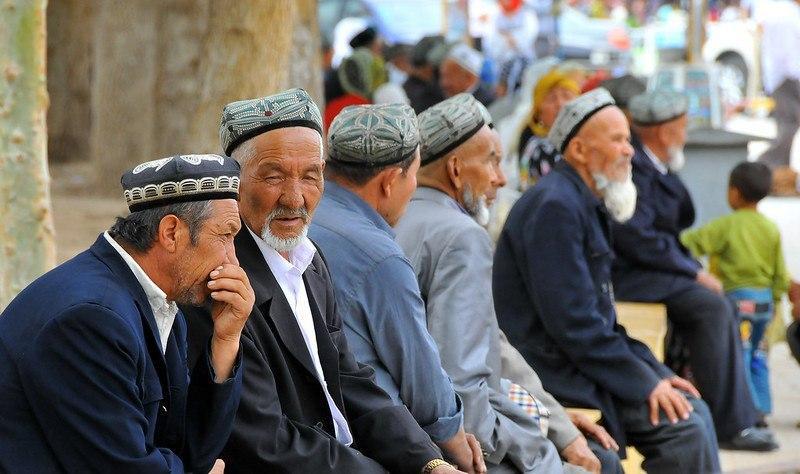
The Chinese Communist Party finds allies in Cuba and 63 other countries who deny or underplay the Uyghur genocide that has been occuring for years now.
On the very last day of former President Donald Trump's term, Secretary of State Mike Pompeo acknowledged communist China's Uyghur genocide following reports of mass internment, forced labor, forced sterilization, and other human rights abuses against the Muslim Uyghur communities living in the country's Xinjiang province.
According to Axios, the U.S. was the first country to use these terms in describing the communist state's human rights abuses, which recently were found to violate the U.N. law against genocide.
The Biden administration's U.S. Secretary of State Antony Blinken echoed Pompeo's sentiments, condemning communist China's Uyghur genocide, but the CCP has found allies in Cuba and 63 other countries.
According to The Federalist, Cuba and 63 nations including China has spoken out to warn the United States to "stop interfering in China's internal affairs by manipulating Xinjiang-related issues, (and) refrain from making unfounded allegations against China out of political motivations." The joint statement claimed Xinjiang is "an inseparable part of China."
According to Reuters, Cuba believes the province of Xinjiang, where the communist state's Uyghur genocide is taking place, is "an inseparable part of China," which other countries, specifically the United States, should not concern itself with. Cuba's stance on communist China's Uyghur genocide is consistent, as last year the country released a propaganda-filled statement that was also shown on several CCP state-run media sites.
In the statement, Cuba condemned countries such as the United States for creating "unfounded allegations against China and interference out of political motivation and bias" and praised China for their "people-centered philosophy in advancing economic and social sustainable development, eradicating poverty, increasing employment, improving people's living standard and promoting and protecting human rights." Like China, Cuba is ruled over by a communist party.
Cuba's propagandist messages in support of communist China's Uyghur genocide spoke of the Muslim minorities' "happy lives in a peaceful and stable environment" while praising China's "openness and transparency" after they supposedly invited over a thousand international diplomats, journalists, and religious leaders to come and see the Xinjiang's "remarkable achievements" themselves.
Uyghur exiles, however, do not agree with Cuba and the CCP's propagandist rhetoric.
Dolkun Isa, World Uyghur Congress president, told Blinken in a letter that "it is imperative that China immediately and unconditionally ends the ongoing genocide and crimes against humanity in East Turkestan," Reuters reported. The exiles refer to Xinjiang as "East Turkestan."
"This includes that China closes all internment camps and unconditionally releases all those arbitrarily detained," Isa continued, adding that the CCP must end Uyghur forced labor and allow foreigners to investigate the abuses.
Blinken and the Biden administration haven't responded to Isa's letter as of this writing.
Back at home, many critics of President Joe Biden have questioned his rather complacent attitude towards communist China. Politico reported that during a town hall, President Biden spoke of Xi Jinping's central principle as a united communist China. He refused to speak out on China's abuses in Hong Kong, Taiwan, and in its own Xinjiang province. He explained, "Culturally, there are different norms that each country and their leaders are expected to follow."
The best that the president had to offer when he was pressed about if China would face the consequences of their human rights violations was a lukewarm warning that "there will be repercussions for China." Biden promised that the U.S. will "continue to reassert our role as spokespersons for human rights at the U.N. and other agencies that have an impact on [China's] attitude."

























